Alleem Sustainable Development Goals
🌍 Core Message
Dr. Rashid Alleem expands on the UN’s 17 Sustainable Development Goals (SDGs) and proposes 21 enhanced goals tailored to address what he believes are gaps in the global agenda. The book provides a global and practical perspective on how individuals, businesses, and governments can drive sustainable and inclusive development across multiple dimensions: environmental, economic, and social.
🎯 Alleem’s 21 Sustainable Development Goals
-
Quality Education
-
Creativity and Innovation
-
Technology Research and Development
-
Peace and Security
-
Tolerance
-
Happiness
-
Good Health and Well-Being
-
Water Sustainability
-
Affordable Energy
-
Environmental and Natural Resource Security
-
Climate Change
-
Financial and Economic Crises
-
Competitiveness
-
International Trade and Investment
-
Children’s Rights
-
Food Security
-
Extreme Poverty
-
Women Empowerment
-
Employment Skills and Human Capital
-
Sustained Inclusive Growth
-
International Cooperation
🧭 Structure and Highlights
-
Part 1: Vision and Story
Dr. Alleem narrates his journey from humanitarian missions to government leadership. He draws upon real-world crises such as the Rwandan genocide and economic collapses to explain why sustainability is essential. -
Part 2: The 21 Goals (Chapters 1–21)
Each chapter focuses on one goal with examples, case studies (e.g., Malala Yousafzai, Shanghai education reforms, Dubai Cares), and best practices from organizations like the Qatar Foundation, IMD, Harvard Business School, etc. -
Unique Additions:
Unlike the UN’s SDGs, Dr. Alleem includes Happiness, Tolerance, and Children’s Rights, highlighting human-centric development and inner well-being as vital to sustainability.
🔑 Key Themes
-
Education is Power: Quality education is the foundation for societal change.
-
Inclusivity Over Exclusivity: Development must benefit everyone—not just elites.
-
Creativity & Innovation: Future sustainability relies on lateral and critical thinking (which he terms “CRITRAL Thinking”).
-
Peace & Ethics: Sustainable development cannot occur without peace, security, and moral leadership.
-
Human Capital: Empowering people—especially women and youth—is at the heart of growth.
-
Crisis Response: Financial crises, climate change, and pandemics require strategic, preemptive, and collaborative approaches.
✨ What Makes It Unique?
-
Fuses personal experience, real-world case studies, and policy guidance.
-
Emphasizes “people-first” sustainable leadership rather than only technical metrics.
-
Combines Islamic humanitarian values with modern development strategies.
📣 Ideal For
-
Policymakers
-
Corporate leaders
-
Sustainability practitioners
-
Educators
-
Students in development, public policy, or environmental studies
